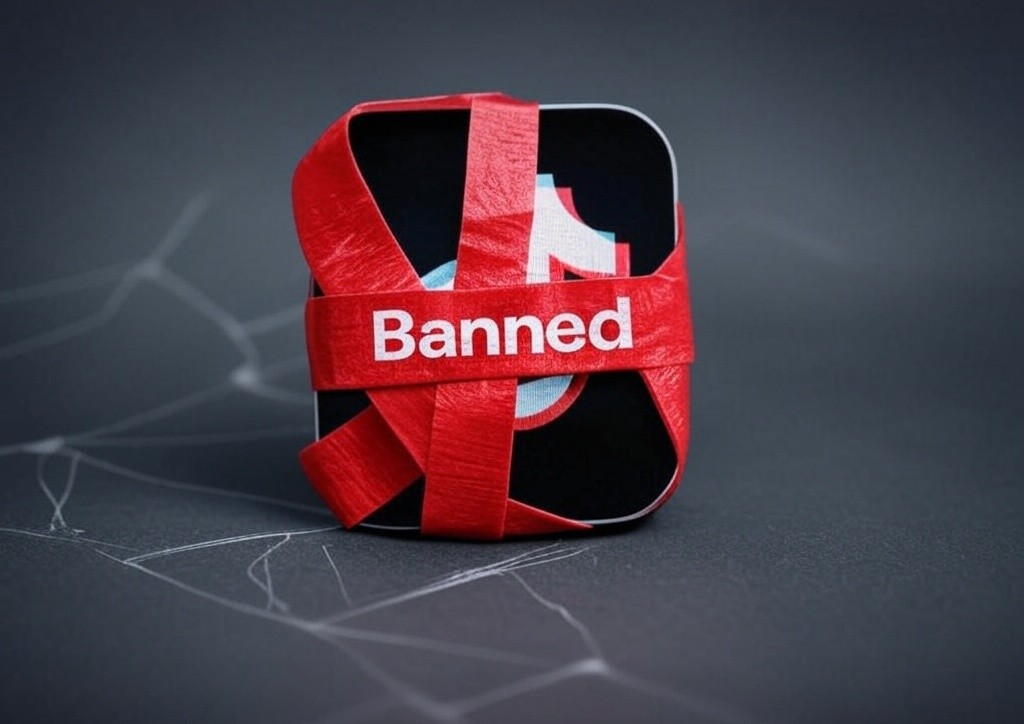The US is just days away from imposing a ban on TikTok unless a deal is struck with its Chinese parent company ByteDance. The ban, set to take effect on Saturday, would affect 170 million American users of the popular app.
However, President Donald Trump has expressed confidence that an agreement will be reached in time. He extended the deadline from January to April 5 to give ByteDance more time to find a non-Chinese buyer for TikTok’s US operations.
Trump mentioned that there is significant interest from potential buyers, with private equity firm Blackstone reportedly evaluating a minority investment in TikTok’s US business.
The discussions are centred on ByteDance’s existing non-Chinese shareholders, including Susquehanna International Group and General Atlantic. Washington’s main concern is that TikTok’s ownership by ByteDance allows the Chinese government to potentially influence the app and collect data on Americans.
Despite the pressure, TikTok has yet to comment on the situation. If no agreement is reached by the deadline, TikTok faces the risk of being banned, though the app would remain on users’ devices if already installed. However, new users would not be able to download it.
The app is already banned in countries like India over similar national security concerns.
For more information on these topics, visit diplomacy.edu.








